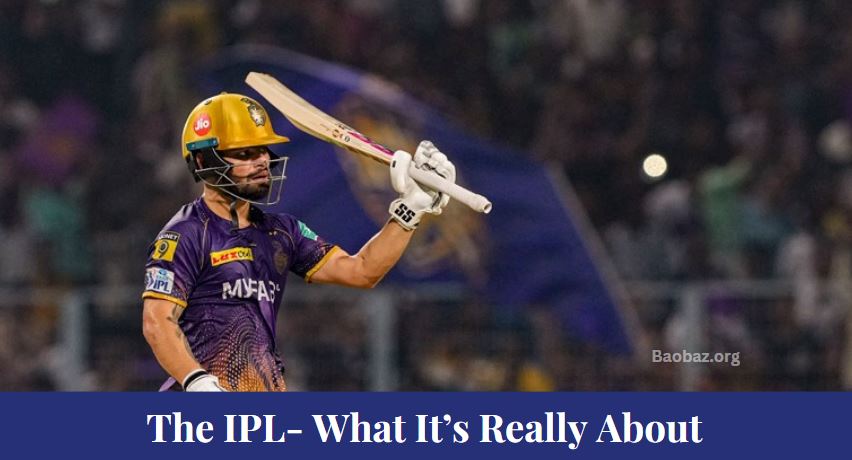There are several defining tournaments in cricket, and arguably one of the biggest is the Indian Premier League. You’ll be pressed to find a fan anywhere in the world who doesn’t wait for this tournament with bated breath every year.
Although the competition is native to India, it is watched enthusiastically by people all over the world. Let’s take a look at the roots of this famous tournament, the form it takes today, and its implications for the larger international scene.
How did it start?
The IPL came about only relatively recently. India was victorious at the cricket T20 World Cup, and following the competition it was decided that there would be another franchise-based competition held annually in India and that the first tournament would be held in April 2008.
The IPL is a Twenty20 tournament. Twenty20 differs from the two other main types of cricket in its format and length of the games. The Twenty20 format came about only in 2003, and it is a shorter-length version of the game than the traditional formats. Twenty20 involves two teams with a single inning each, and it is restricted to a maximum of twenty overs (hence the name). The other two major forms of the game – test matches and one-day internationals – are significantly longer and more complex.
The IPL – facts and figures
Since its inception in 2008, the IPL has become the premier sports tournament in India. People often compare it to Bollywood in terms of its popularity among the Indian population. What used to be a drawn-out, slow-paced game was transformed into a three-hour make-or-break contest full of excitement. In shortening the format, the IPL managed to draw in many more fans who otherwise thought that they didn’t have time for the game.
The IPL consists of eight teams from eight different cities around India. People from all parts of the country – and even foreigners – come to witness the star-studded excitement. Bollywood even has a place as its music is played during intermissions, and there is a great deal of fanfare all around.
Of the participating teams, there are two that stand out historically in terms of their victories: the Mumbai Indians and the Chennai Super Kings have won more matches than any other team.
How it’s grown
Even during its first year in 2008, the IPL managed to attract the attention of 200 million Indian viewers, and many millions more overseas who tuned in to watch the games. Like similar contests such as the T20 World Cup, people line up excitedly to see who the victors will be.
As of the most recent tournament in 2023, the viewership rose to an astounding 449 million people worldwide. It is truly becoming a phenomenon in the sports world, on par with the football World Cup and the Olympics.
And even though India is only one of several major players on the international cricket scene, the IPL remains a favorite for fans worldwide. Perhaps partially because of the size of India -having the world’s biggest population – along with the support that it gets from the government and other national institutions – the country automatically lends itself to lively and competitive tournaments with high turnouts.
People are betting on the games, too. As it has been becoming increasingly easy to gather stats on the teams, with multiple online forums and information portals, people can now track teams and players in many different ways. You can check out these apps easily, for example by going to https://india.1xbet.com/promotions/ipl-betting-app, and trying your luck with them.
Get your tickets!
If you want to experience the thrill of a serious sporting event and have already had your fill of football and other traditional sports, you should check out the IPL. You can either try to hit a game in person, or at least try to catch some online. There are few events in the world that so dramatically capture the attention of domestic and international viewers alike. And the energy that is produced in the stadiums can’t be matched.
And if you educate yourself on who the major contenders are, you might even try putting your money on it. And who knows? You might just get lucky.

